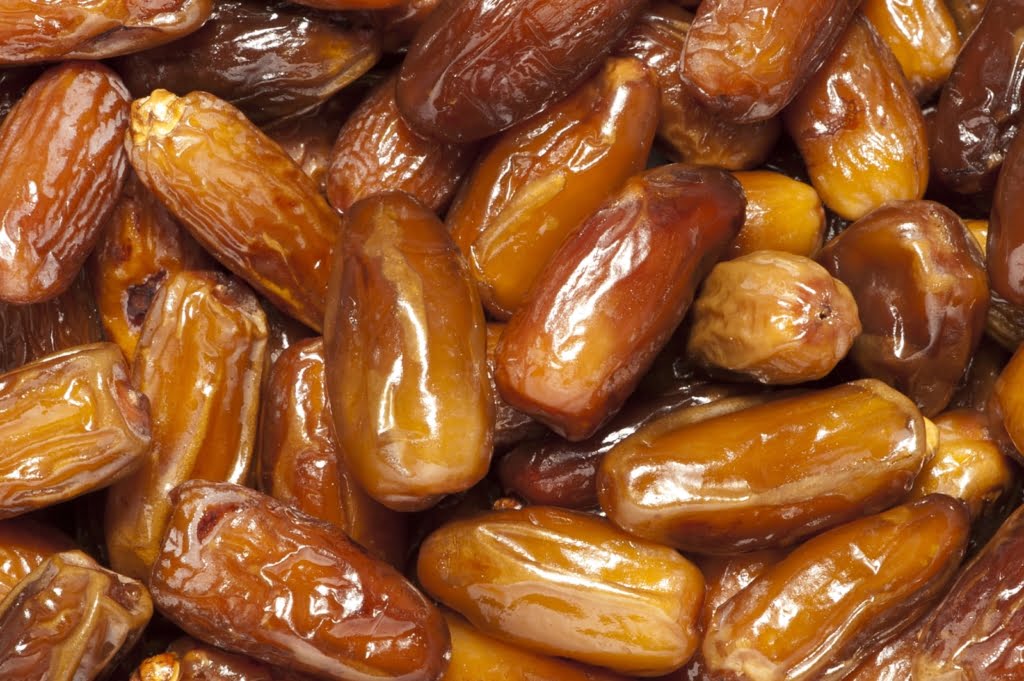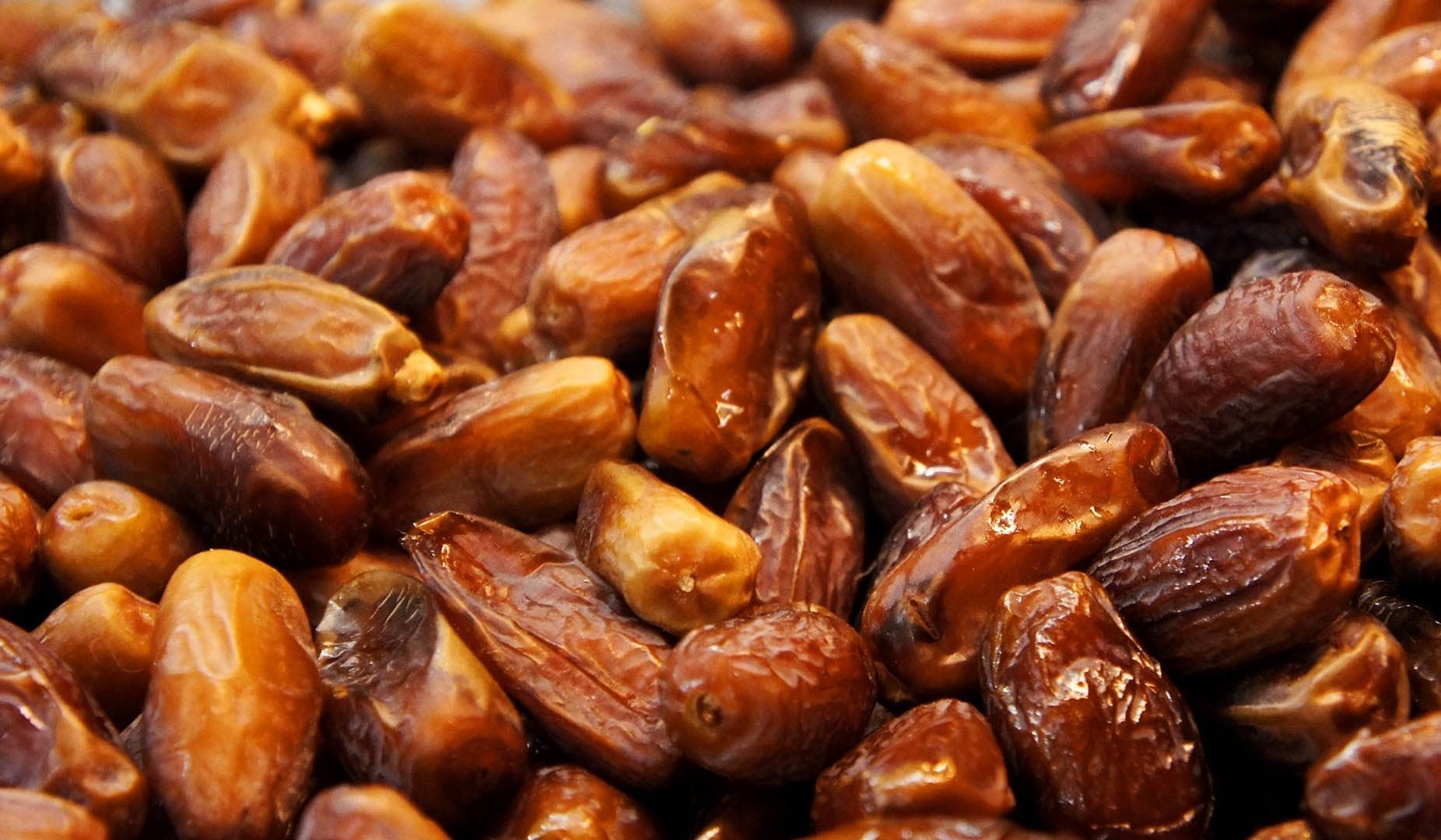Date fruits, known for their sweet taste and rich nutritional profile, are a staple in many African diets. While countries like Egypt, Algeria, and Tunisia are traditionally renowned for their date production, Nigeria is emerging as a significant player in the industry. This blog post delves into the burgeoning date fruit production sector in Nigeria, highlighting its potential, challenges, and future prospects.
The Rise of Date Production in Nigeria
Nigeria, primarily known for its oil industry, is gradually gaining recognition for its agricultural prowess. The northern region of the country, with its arid climate and suitable soil conditions, provides an ideal environment for date palm cultivation. States like Kano, Jigawa, and Yobe are at the forefront of this agricultural revolution.
Factors Driving the Growth
Several factors contribute to the increasing interest and investment in date production in Nigeria:
- Climate and Soil Conditions: Northern Nigeria’s semi-arid climate mirrors the conditions of traditional date-producing countries in the Middle East and North Africa. The region’s sandy loam soil is perfect for date palms, which thrive in hot and dry conditions.
- Government Initiatives: The Nigerian government has been actively promoting agriculture as a means of diversifying the economy away from oil dependency. Initiatives include providing subsidies for farmers, facilitating access to high-quality seedlings, and offering training programs on modern agricultural practices.
- Market Demand: There is a growing domestic and international demand for dates, driven by their health benefits and versatility in culinary uses. Dates are rich in fiber, vitamins, and minerals, making them popular among health-conscious consumers.
- Economic Opportunities: Date farming presents a lucrative opportunity for farmers. A mature date palm can produce up to 100 kg of fruit annually, with the potential for significant income from both fresh and processed products.

Challenges in the Industry
Despite the promising outlook, the date production sector in Nigeria faces several challenges:
- Lack of Expertise: Date palm cultivation is relatively new in Nigeria, and many farmers lack the necessary knowledge and expertise. There is a need for more training and extension services to equip farmers with the skills required for successful date farming.
- Pest and Disease Management: Date palms are susceptible to pests and diseases, which can significantly impact yield and quality. Effective pest and disease management practices are crucial for the sustainability of the industry.
- Infrastructure Deficiencies: Poor infrastructure, particularly in rural areas, hampers the efficient transport and storage of dates. Investment in better roads, storage facilities, and processing units is essential to reduce post-harvest losses and enhance market access.
- Funding Constraints: Access to finance remains a significant hurdle for many smallholder farmers. High-interest rates and stringent lending conditions limit farmers’ ability to invest in their operations and expand production.
Future Prospects
The future of date fruit production in Nigeria looks promising, provided that the existing challenges are addressed. Here are some potential strategies to boost the sector:
- Research and Development: Increased investment in research to develop pest-resistant and high-yielding date palm varieties will be crucial. Collaborative efforts between government agencies, universities, and private sector players can drive innovation in the sector.
- Public-Private Partnerships: Encouraging partnerships between the government and private sector can lead to improved infrastructure, better market linkages, and enhanced access to finance for farmers.
- Training and Capacity Building: Establishing training centers and extension services to disseminate best practices in date farming can empower farmers with the knowledge they need to succeed.
- Value Addition: Developing the date value chain by promoting the production of date-based products such as syrups, pastes, and snacks can open new markets and increase profitability for farmers.
Conclusion
Date fruit production in Nigeria is still in its nascent stages, but the potential for growth is immense. With the right mix of government support, private sector investment, and farmer education, Nigeria can become a significant player in the global date market. As the country continues to diversify its agricultural portfolio, date farming offers a sustainable and profitable avenue for economic growth and development in Nigeria’s northern regions.
By focusing on overcoming current challenges and leveraging the opportunities, Nigeria’s date production industry can not only meet domestic demand but also position itself as an important exporter of this valuable fruit.
Ajigofarms is a reliable global agricultural purchase sourcing with profound expertise in the manufacturing, and exportation of food crops. We are tested, and trusted suppliers of all kinds of cash crops and food crops. Our constant supply chain solution makes exporting easy, quick, and safe, we are identified with timeliness and meeting up with deadlines. Regardless of the region you are located in worldwide, you can reliably order your Agric products and be rest assured of successful delivery.




